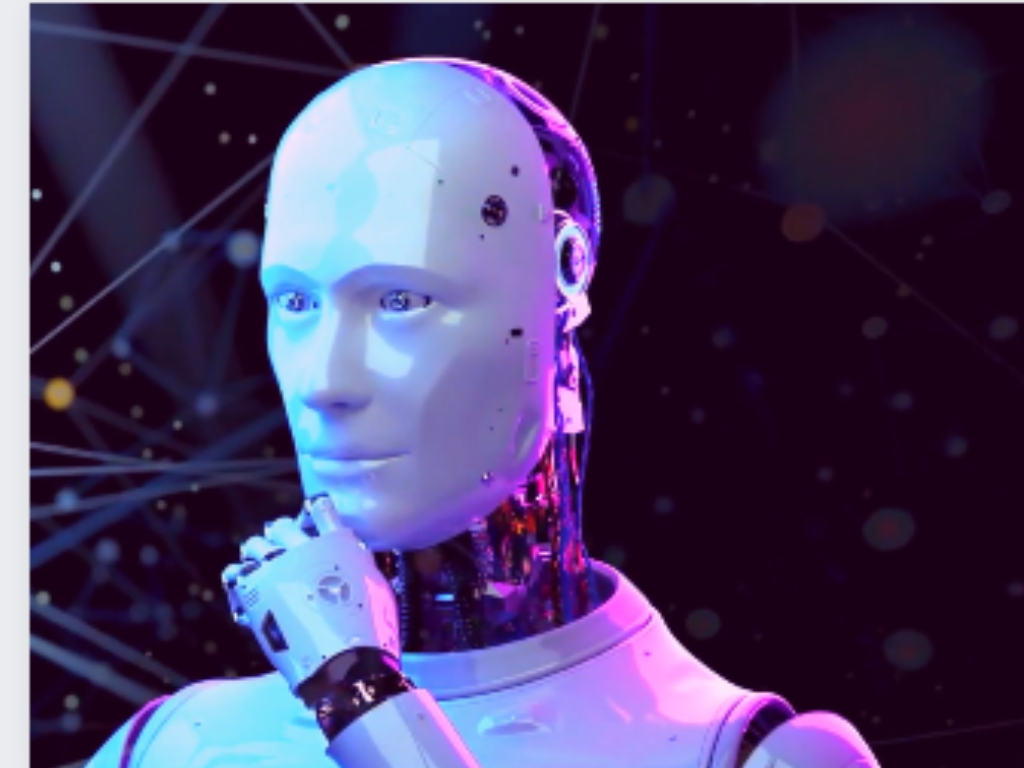La inteligencia artificial y su impacto en el comportamiento social: una revisión de alcance
Main Article Content
Abstract
This paper presents a documentary review of the challenges of artificial intelligence in today's world and the social challenges of coexisting with new technologies. For this purpose, a literature search was carried out in the leading open-access journals. In addition, a simple random population was surveyed using artificial intelligence and the possible impacts on social behavior. The results show that the literature aligns with the social perception that the excessive use of intelligent tools can be detrimental to people and that it is essential to be cautious with intelligent applications.
References
minutos. (2023, 02 16). McKinsey advierte sobre el futuro de la Inteligencia Artificial en las empresas y los nuevos perfiles que deben contratarse. Retrieved 2023 from https://www.20minutos.es/noticia/5101982/0/mckinsey-advierte-futuro-ai-empresas-nuevos-perfiles/
Accenture. (2022). Informe: La IA Generativa marcará el comienzo de un nuevo y audaz futuro para las empresas. Retrieved 2023 from https://diarioti.com/informe-la-inteligencia-artificial-ia-generativa-marcara-el-comienzo-de-un-nuevo-y-audaz-futuro-para-las-empresas/121977
Aroca, C., & Bellver, M. C. (2012). La teoría del aprendizaje social como modelo. Revista Complutense de Educación, 23(2), 487-511.
Ashrafian, H. (2015). Artificial Intelligence and Robot Responsibilities: Innovating Beyond Rights. Science and Engineering Ethics, 21, 317–326.
Cloninger, S. (2020). Introducción a la teoría de la personalidad. México: Pearson.
fios. (2017, 06 09). El sector del eCommerce según Gartner. Retrieved 2023 from https://www.fhios.es/sector-ecommerce-segun-gartner/
Gurstein, M. (1985). Social impacts of selected artificial intelligence applications: The Canadian context. Futures, 17(6), 652-671.
Hpi. (2023, 03 30). La inteligencia artificial está transformando la educación superior. Retrieved 2023 from https://hpione.com/la-inteligencia-artificial-esta-transformando-la-educacion-superior-personalizacion-del-aprendizaje-evaluacion-eficiente-y-aprendizaje-adaptativo-segun-expertos/#:~:text=Seg%C3%BAn%20un%20informe%20de%20Technavio,empezando%20a%20ver%20s
Martitegui, A. (2022, 07 09). La adaptación hedónica: un arma de doble filo que no solo genera felicidad. Retrieved 2023 from https://www.niusdiario.es/salud-y-bienestar/coaching/20220709/adaptacion-hedonica-arma-doble-filo-no-solo-genera-felicidad_18_06965468.html#:~:text=La%20adaptaci%C3%B3n%20hed%C3%B3nica%20o%20hedonista,ya%20sean%20buenas%20o%20malas.
Mercado, A. (2021). Para qué sirve el comportamiento social en ecommerce. Retrieved 2023 from https://www.tiendanube.com/blog/comportamiento-social-teorias-negocio-aumentar-ventas/#:~:text=1)%20Teor%C3%ADa%20de%20la%20influencia,%2C%20grupos%20sociales%2C%20medios).
Ortega, A. (2019). Sociedad 5.0: el concepto japonés para una sociedad superinteligente . Ari, 1-12.
Ovejero, A. (1993). La teoria de la disonancia cognoscitiva. Psicothema, 5(1), 201-206.
Poola, I. (2017). How Artificial Intelligence in Impacting Real life Everyday. IJARnD, 2(10).
Salesforce. (2022). Tendencias que marcan el futuro del compromiso con el cliente. Retrieved 2023 from https://www.salesforce.com/es/form/pdf/state-of-the-connected-customer/
Tebes, G., Peppino, D., Becker, P., & Olsina, L. (2019). Especificación del Modelo de Proceso para una Revisión Sistemática de Literatura . Specifying the Process Model for a Systematic Literature Review. La Pampa: Universidad Nacional de la Pampa.






